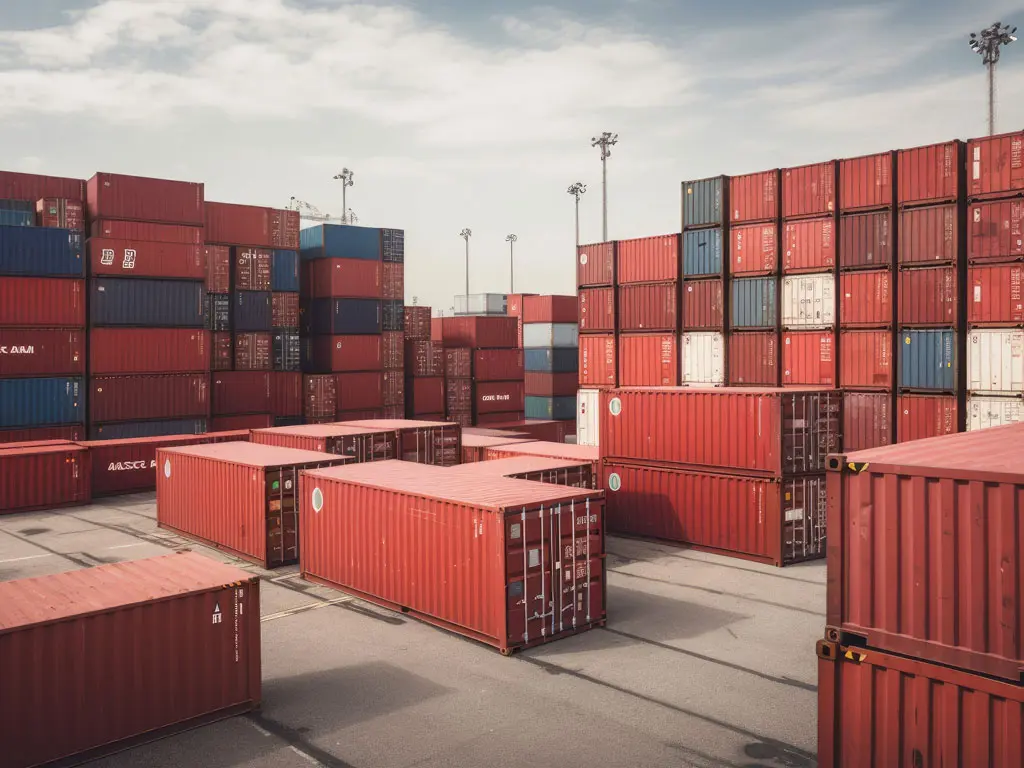Difficult time for the transport and logistics industry
09 january 2024

Contents
Difficult situation in the Red Sea
The Mediterranean Shipping Company has joined Danish shipping company Maersk, Germany's Hapag-Lloyd and France's CMA CGM in announcing that it is steering its ships away from the Red Sea. These decisions were taken in response to attacks by Yemeni rebels targeting ships bound for Israel. Disruption to maritime transport, especially on the route from Asia to Europe, could translate to the entire European, including Polish, TSL industry.
- Not only are freight rates forecast to rise, which could translate into goods prices, but cargo containers are starting to run out, which could significantly impact delivery delays, including to Poland, says Joanna Porath, owner of AC Porath customs agency.
Predicted impact on the industry
Changes to the routes of cargo ships from the Suez Canal through the Cape of Good Hope will not only result in longer delivery times to our continent, but will also result in higher costs. An example that illustrates the situation well is the container ship voyage, where the route from Singapore to Rotterdam around the Cape extends by 3,500 kilometres.
- There will be a significant increase in costs for fuel, which translates into additional charges for cargo that shippers already have on board. In the near future, this could translate into the final price of goods. There is also beginning to be a shortage of containers for loading, which will not only affect delays in deliveries, including to Poland. The accumulation of goods for export may also lead to an increase in freight rates, comments Joanna Porath.
Increases in cargo insurance charges for cargo or lack of insurance coverage are also anticipated. The importer has no influence on the shipowner's decision to change the route, which may result in the goods being excluded from insurance due to the route passing through an area subject to the threat of war or piracy.
Additional supply disruptions
The upcoming Chinese New Year is further affecting standstill and delayed deliveries. The holiday begins on 10 February and the celebrations last approximately two weeks. Downtime at production facilities can extend up to 4 weeks due to staff holidays and the time it takes to resume the production process. The last freight from China usually leaves in early February, but nowadays the delivery time to the destination port can be extended by an additional 2-3 weeks.
- It is also important to bear in mind that ships may follow a 'cut and run' policy, they only offload import cargo and do not take that destined for export or only take high-paying cargo. On top of this, transshipment can take place, i.e. the container is transshipped in an intermediate port and stands at the terminal waiting for the next ship. Our customers are increasingly expressing concerns that, due to the dynamically changing geopolitical situation, we may be facing transport disruptions similar to those that occurred during the pandemic," adds Joanna Porath.


